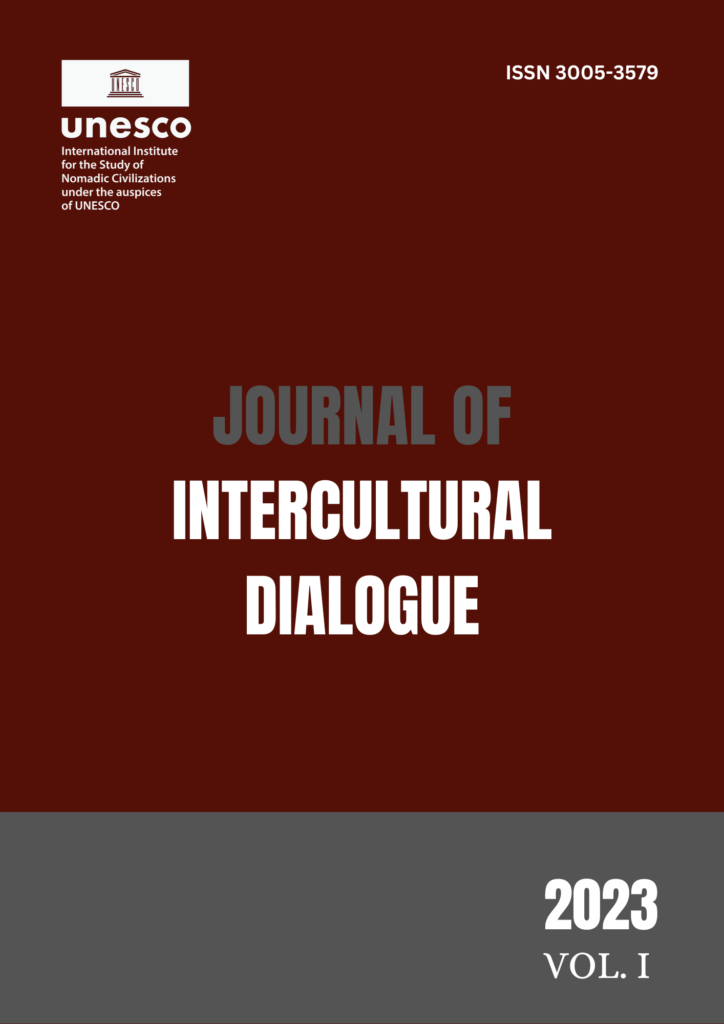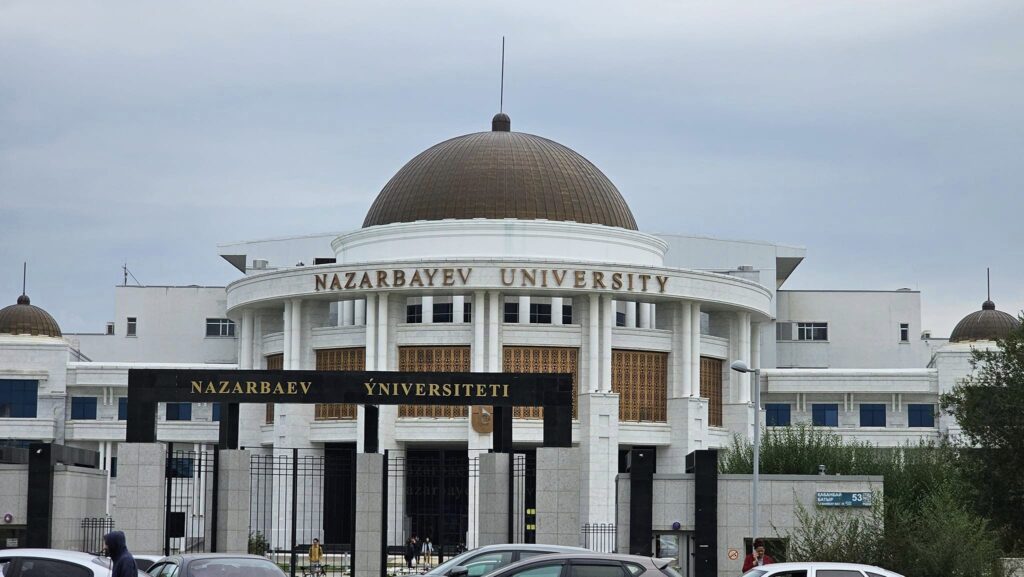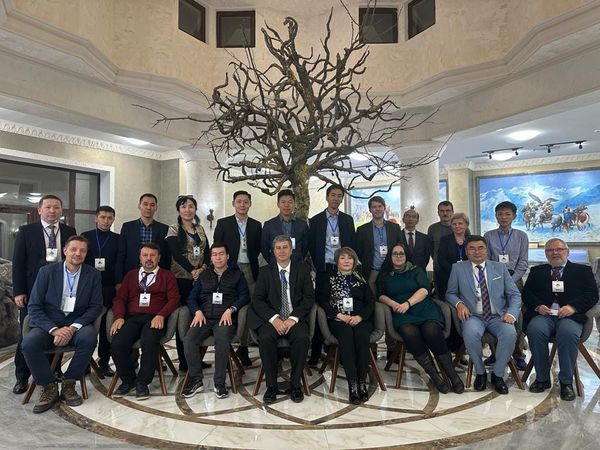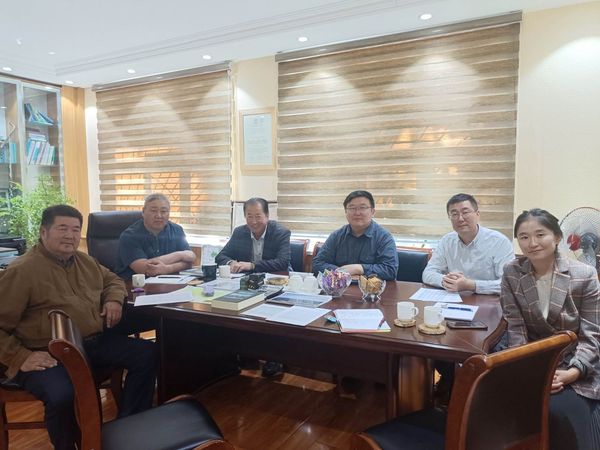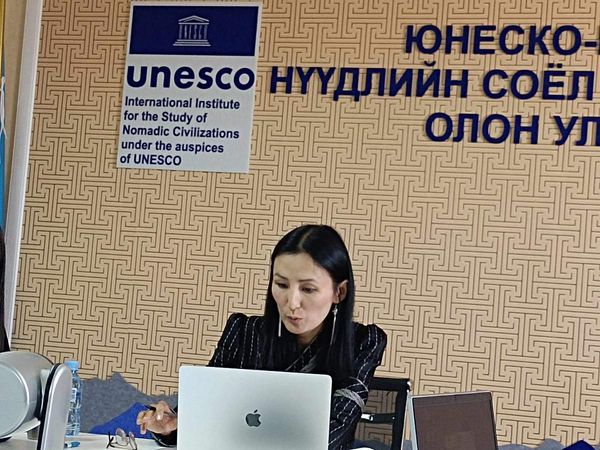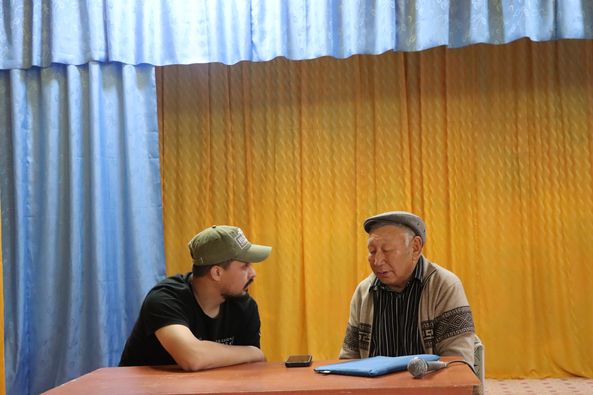As a UNESCO Category 2 Institute for the study of nomadic civilizations, we value open and respectful intercultural dialogue for building a sustainable and peaceful world, and with the aim of preserving and promoting cultural diversity of humankind and engaging it in academic discussions, we are pleased to announce the launch of a new academic journal, the Journal of Intercultural Dialogue (JID).
About Journal: Journal of Intercultural Dialogue is an interdisciplinary, multilingual journal committed to promoting excellence in research across a wide range of topics within the field of intercultural studies. The journal aims to provide a platform for scholars, researchers and professionals from around the world to publish research results dedicated to advancing research and knowledge in intercultural studies. We welcome contributions that explore the theoretical and practical aspects of cultural studies and intercultural dialogue and foster a deeper understanding of the subject and its implications.
Call for Papers: We invite researchers, academics, and professionals to submit their original research articles, review papers, and case studies for consideration in our inaugural issue. Topics of interest for submission include but are not limited to:
– Cultural studies
– Intercultural relations and dialogue
– Ethnic and traditional cultures,
– International relations and culture
– Literature and language,
– History and memory,
– Media and communication,
– Cultural policy,
– Cultural diversity,
– Cultural heritage,
– Regional cultural studies,
– Area studies,
– Art and sport
Submission Guidelines: Authors are encouraged to adhere to the following guidelines when preparing their manuscripts:
- Submissions must be original and should not have been published elsewhere.
- Manuscripts can be submitted in Kazakh, Kyrgyz, Mongolian and Turkish languages of the Institute’s Member States, as well as in other research languages such as Russian, Chinese, German, Japanese, and Korean. This multilingual journal supports cultural diversity and dissemination of academic knowledge in native languages.
- Manuscripts should be prepared in Microsoft Word or in a compatible format.
- The title page should include the title of the paper, author(s) name(s), institutional affiliation, email address.
- Abstract (150-250 words), keywords and title of the paper should be written in English and chosen language.
- Use Times New Roman, 12-point font, 1.5 line spacing, and 2 cm margins on all sides.
- The complete papers must have a maximum of 20 pages of A4 size.
- JID follows the Chicago Manual of Style (CMS) for citations and references. Use author-date in-text citations and include a bibliography at the end of the paper.
- If your paper includes figures or tables, ensure they are clear, labeled, and cited in the text. Provide captions for figures and tables. Figures should be submitted for publication at resolutions of 300 DPI.
Submission Deadline: 15 November 2023
Contact address: Please contact and submit your manuscript to the editorial office at s.tamiraa11@gmail.com and bumbayar@unesco-iisnc.com.
We look forward to receiving your contributions and to the successful launch of Journal of Intercultural Dialogue.
